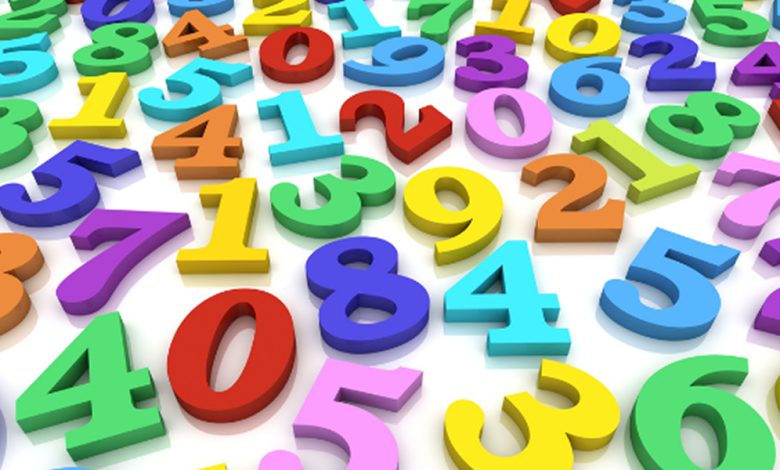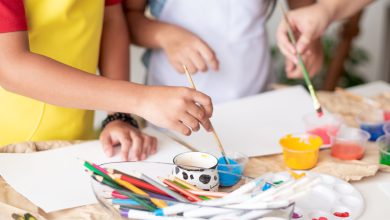What’s the Best Age for Children to Learn a Second Language?

There are countless benefits to learning a language. From the obvious “communicating with another culture” to the more scientific “advantages for the brain” or even the good old fun! Learning a new language is always a good idea.
But when can your child start? Should you wait until they’ve mastered their first language? Here’s what you need to consider.
When to Start Learning a Second Language?
Here’s a summary: now!
Age in language learning has always been a matter for heated debate, but all researchers agree on this: the sooner kids start, the better.
In order to understand why, let’s go over two concepts: neuroplasticity, and the difference between learning and acquiring a language.
Neuroplasticity
The brain’s ability to adapt
Put in simpler terms, the brain actually changes in response to new experiences, injuries, and learning new information.
Neuroplasticity is a characteristic of the human brain, regardless of age. However, it’s important to note that children’s brains are more neuroplastic. Their brains are more flexible and generally more receptive. This is why material children consume and experiences they go through are so important; these materials and experiences effectively shape their brains.
After a certain age, the brain stops changing shape so much. Speaking of age and materials, how do languages fit in?
Language Learning vs. Acquisition
Conscious effort vs. unconscious processes
Technically speaking, young children don’t learn a language- they acquire it.
Acquisition is the natural and subconscious process through which you learned your mother tongue. There is no need for conscious effort, as in learning grammatical rules. Language is naturally picked up through communication and meaningful interactions.
Learning, on the other hand, is a conscious process that requires cognitive effort. Think of second language classes in high school: repetitive drills, conjugation exercises, etc. Of course, learning doesn’t have to be tiresome; choose whatever strategies you will, but you will need “conscious effort” nonetheless.
Here’s the catch: once you’re past a certain age, you can’t acquire a language anymore- you’ll have to learn it. (In technical terms, your brain becomes less neuroplastic.) This is why it’s best to start as soon as you can. The age at which the acquisition window closes is debatable, but it certainly closes by puberty. Some research shows that acquisition skills peak at or before the age 6-7. Children as young as 2-3 are capable of acquiring an additional language through songs, games, and natural exposure.
Other Advantages to Learning a Language
Time, Focus, Energy
Relatively speaking, the younger a child is, the more time they have to dedicate to different tasks. Quite soon, their education will be taking a larger chunk of their time than it does now. Regardless of your child’s age, sooner means more time.
Also, ask yourself, is your child freer today than they will be tomorrow? The point is, your child probably has less on their plate now than they will have in the future. Having less on their plate means they can dedicate more focus (and time) to individual tasks; and language acquisition can easily be one of those tasks!
Add to all of this children’s virtually unlimited levels of energy. Parts of this energy are for themselves to spend in their own world, of course, but it’s also healthy to spend a little of it on learning!
Won’t They Mix Their First and Second Language?
They will, but not to worry
Everyone engaged in language acquisition/learning will mix up everything. This is perfectly natural, and it does not mean our learner is failing anything. Remember that children’s brains are very flexible; they can learn multiple languages at the same time. There’s no need to wait for them to master anything!
If you are bilingual and your child has not completely developed a mother tongue yet, take two factors into account: your child’s exposure to the language and their need for using the language. To prevent one language becoming superior to the other, make sure to balance out your child’s exposure and need.
Conclusion
Language learning is a lifetime journey, and children already have a head start into it. Anyone at any age can do it, but when is the best time to start? The answer is clear: as early as possible. Did you know the French class is one of our most important Clever Classes?





